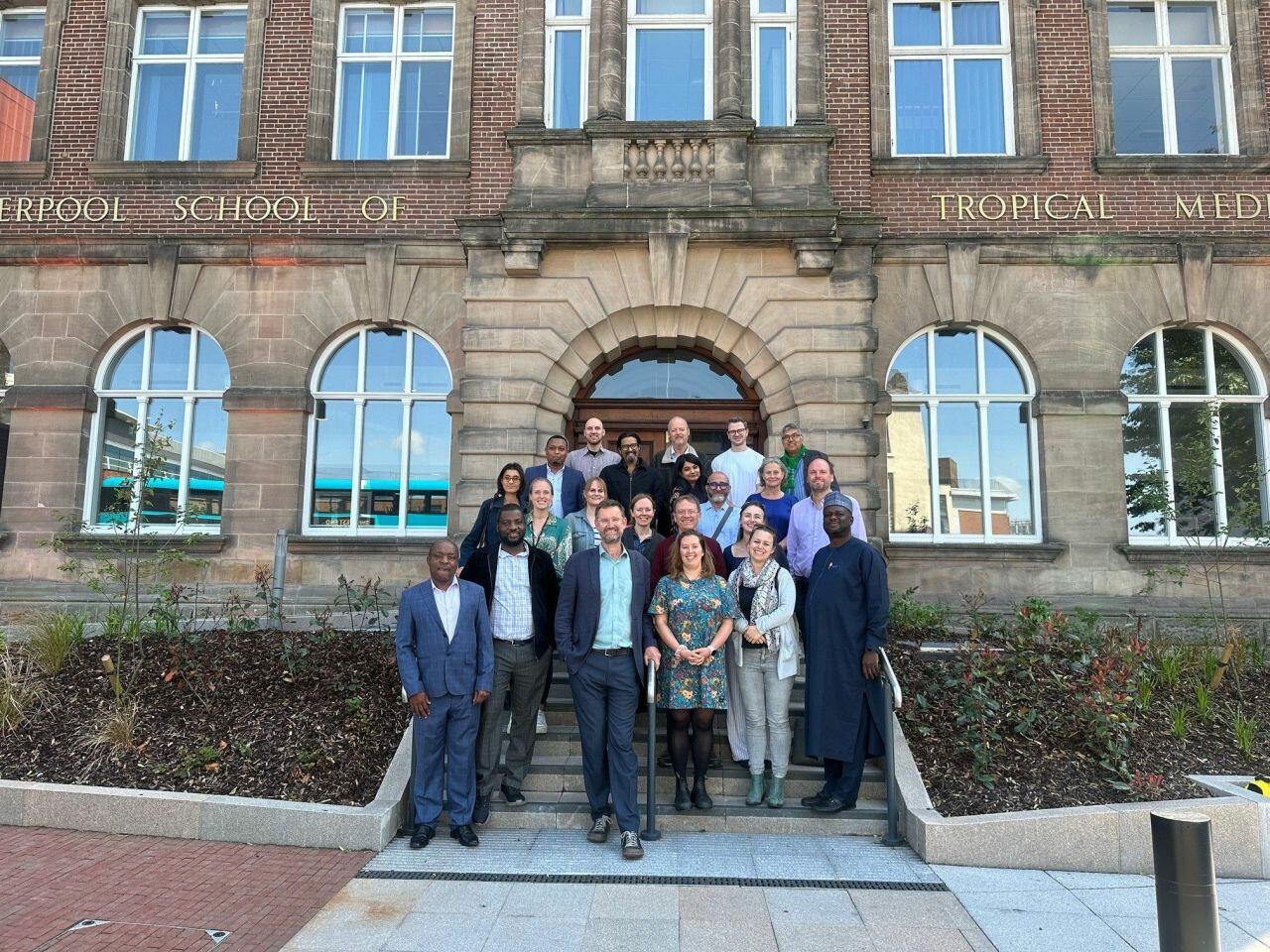
by Professor Julian Eaton, Professor of Global Mental Health
Over the last year, there have been deep and damaging reductions in the global funding available for providing health care in some of the poorest countries in the world. USAID paused almost all of their global operations, and many European countries slashed their development funding – in the UK this meant a halving of official development assistance to less than 0.3% of GDP. These changes also saw many research programmes in global health stopped and available funds for research reduced.
What does this mean for what is called the ‘global health architecture’, or the systems that are in place to protect health worldwide and address global health inequity? The immediate answer is that many essential health services have been decimated, for example access to HIV medication supported by PEPFAR was halted across 50 countries. Though this has been partially restored now, the cuts are estimated to have contributed to the deaths of over 80,000 people in the last 6 months alone. Systems for surveillance and control of infectious diseases like mpox and Ebola were weakened significantly – systems that protect us all from spread of diseases that know no international borders.
Beyond this immediate practical and moral failure of the system for promoting health globally, there have been some perhaps surprising reflections. The Director General of the Africa CDC, Jean Kaseya, spoke at this year’s UN General Assembly of the opportunity that such a shake-up of the global system brings – for Africa to claim a more confident leading role on its own future. Moving beyond historical reliance on foreign aid towards more domestic financing will be hard, especially in a world that remains deeply unfair in trade systems, but is also the only path to greater autonomy and genuine control of priorities. Countries like Uganda and Ghana have already increased their health budgets in response (though of course this may lead to shortfalls elsewhere).
This year’s World Mental Health Day focuses on mental health in humanitarian emergencies. Mental health and psychosocial support has become a core part of the response to all major humanitarian emergencies, promoting resilience and recovery during and after conflicts, outbreaks or climate events. In humanitarian response and mental health we have seen a shift from international experts deploying to African countries during emergencies, to cross-Africa support through mechanisms like Africa CDC/WHO’s African Volunteer Health Corps (AVoHC).
In July a meeting was held at LSTM, where all the leading global mental health researchers in the UK attended, alongside WHO, Africa CDC, funders and other partners. We heard from people representing the movement of people with lived experience of mental health conditions articulately describe their priorities in research, and much of the discussion centred on how future partnerships might look in research and implementation of mental health reforms in Africa and other continents. This was a valuable reminder of the important partnership principles LSTM has adopted, which themselves arose from an acknowledgment of our own colonial history.
As we embark on an exciting new programme of work in global mental health at Liverpool School of Tropical Medicine we are committed to co-creating and living out a new model of partnership, being considerate about what our role is in a new global public health architecture, and seeking to be guided by priorities defined by collaborators in the countries where we are working.
Julian Eaton will be giving his inaugural lecture as Professor in Global Mental Health considering new relationships in global mental health: ‘A world turned upside down’ on 19th November at LSTM.